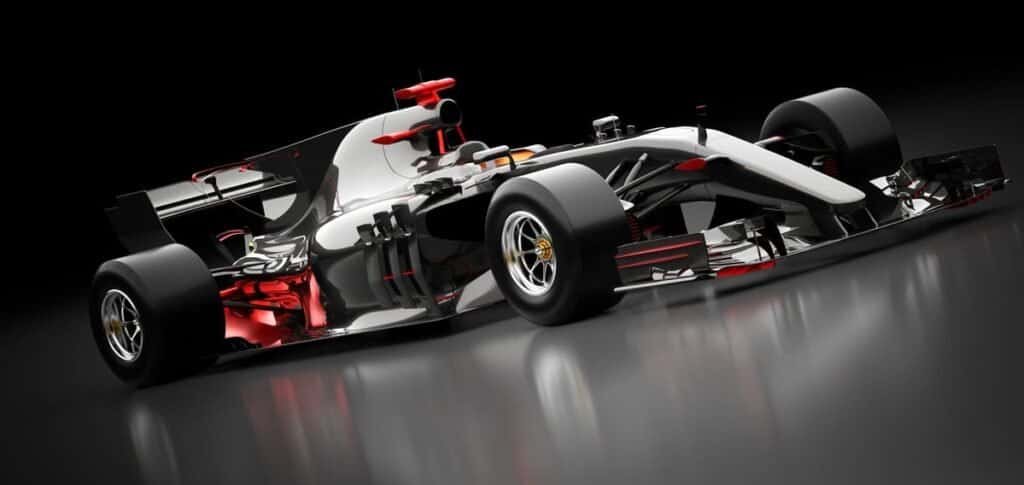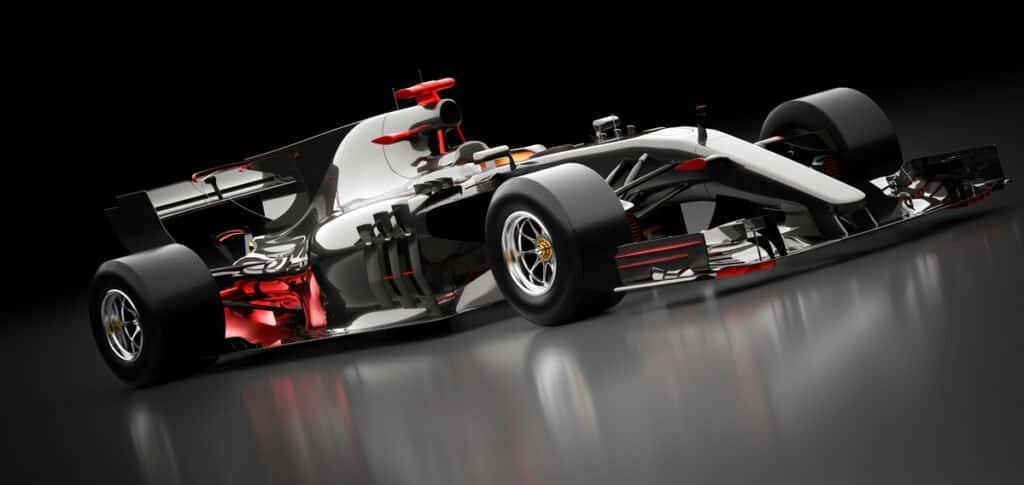Rev up your engines and join us on a journey through the world of automotive powerhouses. Whether you’re a seasoned driver or just gearing up for your first ride, understanding the differences between gasoline, diesel, and hybrid engines can make your drive smoother and more enjoyable. So, let’s put on our driving gloves and explore the pros and cons of each!

Gasoline Engines: The Reliable Workhorse
Pros:
1. Widespread Availability
One of the biggest advantages of gasoline engines is the ubiquity of gas stations. You can find gasoline almost everywhere, making long road trips and spontaneous adventures hassle-free.
2. Affordability
Gasoline tends to be less expensive than diesel, making gasoline-powered vehicles more budget-friendly upfront. Additionally, maintenance costs are often lower for gasoline engines.
3. Smooth and Quiet Operation
Gasoline engines are known for their smooth and quiet operation. If you enjoy a quiet ride and the feel of a smooth acceleration, a gasoline engine might be the perfect match for you.
Cons:
1. Lower Fuel Efficiency
Compared to diesel engines, gasoline engines generally have lower fuel efficiency. This means more frequent stops at the gas station, especially for long-distance drives.
2. Emissions
Gasoline engines typically produce higher CO2 emissions compared to diesel engines. If environmental friendliness is a priority for you, you might want to explore other options.
Diesel Engines: The Torque Titans
Pros:
1. High Fuel Efficiency
Diesel engines are renowned for their fuel efficiency. If you’re planning long-distance trips or have a penchant for fuel economy, a diesel engine might be your highway companion.
2. Torque Power
Diesel engines deliver more torque at lower RPMs than gasoline engines. This translates to robust performance, especially in situations that demand power, such as towing.
3. Durability and Longevity
Diesel engines are built to withstand higher levels of stress, leading to increased durability and longevity. If you’re looking for an engine that can go the extra mile, a diesel might be your best bet.
Cons:
1. Higher Upfront Costs
Diesel engines often come with a higher upfront cost compared to their gasoline counterparts. While you might save on fuel in the long run, the initial investment can be a deterrent for some buyers.
2. Limited Availability of Fuel Stations
While diesel fuel is widely available, it might not be as easy to find as gasoline. This could be a consideration if you’re planning off-the-grid adventures.
3. Noise and Vibration
Diesel engines, though powerful, can be noisier and produce more vibrations than gasoline engines. If a quiet ride is a priority, you might want to test drive a diesel vehicle before making a decision.
Hybrid Engines: The Best of Both Worlds
Pros:
1. Fuel Efficiency and Environmental Friendliness
Hybrid engines combine the benefits of gasoline and electric power, offering excellent fuel efficiency and lower emissions. If you’re environmentally conscious, a hybrid might be the ideal choice.
2. Regenerative Braking
Hybrids often feature regenerative braking systems, converting kinetic energy into electric energy. This innovative technology improves overall efficiency and extends the lifespan of brake components.
3. Smooth Transitions Between Power Modes
Hybrids seamlessly switch between electric and gasoline power, providing a smooth and quiet driving experience. The transition is often imperceptible, contributing to a comfortable ride.
Cons:
1. Higher Initial Costs
The upfront cost of hybrid vehicles can be higher compared to traditional gasoline vehicles. However, this cost is gradually decreasing as hybrid technology becomes more mainstream.
2. Limited All-Electric Range
While hybrids offer electric-only modes, the all-electric range is usually limited. If you’re looking for a fully electric experience, a plug-in hybrid or electric vehicle might be a better fit.
3. Battery Replacement Costs
The batteries in hybrid vehicles have a limited lifespan and can be expensive to replace. However, advancements in battery technology are continually improving lifespan and reducing replacement costs.
Making the Right Choice for You
As you embark on the journey of selecting your next vehicle, consider your driving habits, budget, and environmental values. Gasoline engines offer familiarity and widespread availability, while diesel engines boast fuel efficiency and torque power. Hybrids, with their dual power sources, provide an eco-friendly compromise.
Take your time test-driving different vehicles, weighing the pros and cons that align with your lifestyle. Whether you opt for the reliable workhorse of a gasoline engine, the torque titan of a diesel engine, or the best-of-both-worlds hybrid, each has its unique charm, ready to enhance your driving experience.
So, buckle up, hit the road, and enjoy the ride – no matter which engine you choose, the journey is bound to be an adventure!




